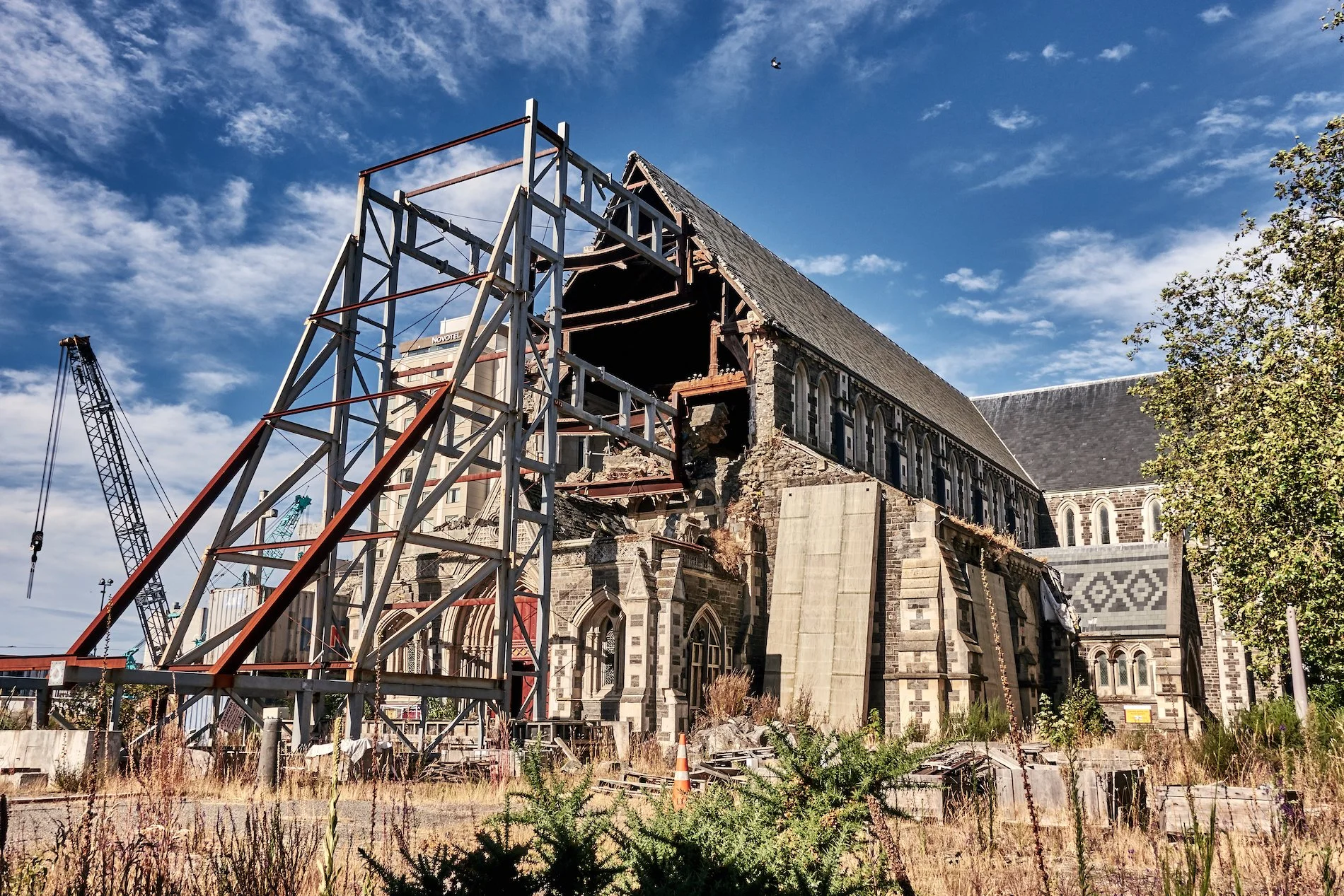Where Did They Go?
A recent series of conversations and reports has clarified an important aspect of our current crisis. People, especially younger people, are staying away from worship services. Many factors contribute to this trend.
The rise of the “Nones,” persons who indicate they have no religious affiliation, has existed long before the pandemic. Now we are learning that another segment of the population, especially among young adults, are not engaging in online expressions of worship, nor are they showing up when face-to-face opportunities for worship resume. [1]
Sadly, as church leaders try to sort out how to get back to normal, a new reality is dawning. [2] We have entered into a liminal space, a new frontier where old methodologies and practices are not likely to sustain the task of forming disciples and bearing witness to the gospel. But all is not lost! I want to encourage ministers and church leaders to say that the things most needed are practices that the church has always done. We may simply need to return to practices that may seem old-fashioned, practices that have been deeply embedded in the way of God’s people for thousands of years!
What do I mean?
If you are missing young adults (or any adults), then go find them! Call them up and check on them! Go by and have a front-porch visit or socially distanced coffee. Listen to what is going on in their lives. All of the professionally produced worship videos or sermon presentations in the world do not replace the value of pastoral connection!
Speaking of video production – yes, I expect that it will be a significant part of our future. However, people deeply need relationships. Are you finding ways to bring small groups together in physically distanced ways? Is your building open to host small gatherings where people can see each other, converse with one another, laugh and cry and pray together? Are you empowering key leaders within your congregation (with constructive safety guidelines) to draw small pods of persons together for community?
In a time of great upheaval, human beings need clarity about what is certain and true. Much for what passes for dialogue in public life is trivial and fraught with political and social polarizations. What people deeply need is the simple truth about the triune God who will never leave nor forsake us. Core faith teaching matters – it orients our people to God’s story and informs our own personal story!
We are so consumed with our day-to-day reality. Yet, as we are reminded of our identity, as Christ-formed believers, we need leaders who remind us of our baptism. Our calling invites people into service. That service is less about church programming (though I am quite aware there is programming to attend to!). Rather, that service is about finding ways in which a person can offer something of themselves to another human being. Sharing a meal with a homeless person, helping the unemployed find work, babysitting for a single mom who needs to work a late shift, and through a thousand other ways, Christ-followers move beyond themselves to bear witness to God’s love.
So where are our sheep? They are scattered. It is time to invite them back into the care and life of the Christian story! I invite you, as Christian leaders, to practice pastoral care, enact ways of drawing people into meaningful relationships, adjust your teaching in a way that orients others to God’s story, and invite people into simple acts of service and care for others. Christian people have done this work for generations; so can we today.
God’s peace to you all!
—
[1] For one source on these dynamics, consider Barna’s recent report, “Will the 2020 Pandemic Accelerate Loss of Faith Among the Next Generation?”
[2] I noted options facing church leaders in another Mosaic piece, “Live Into Hope!”







